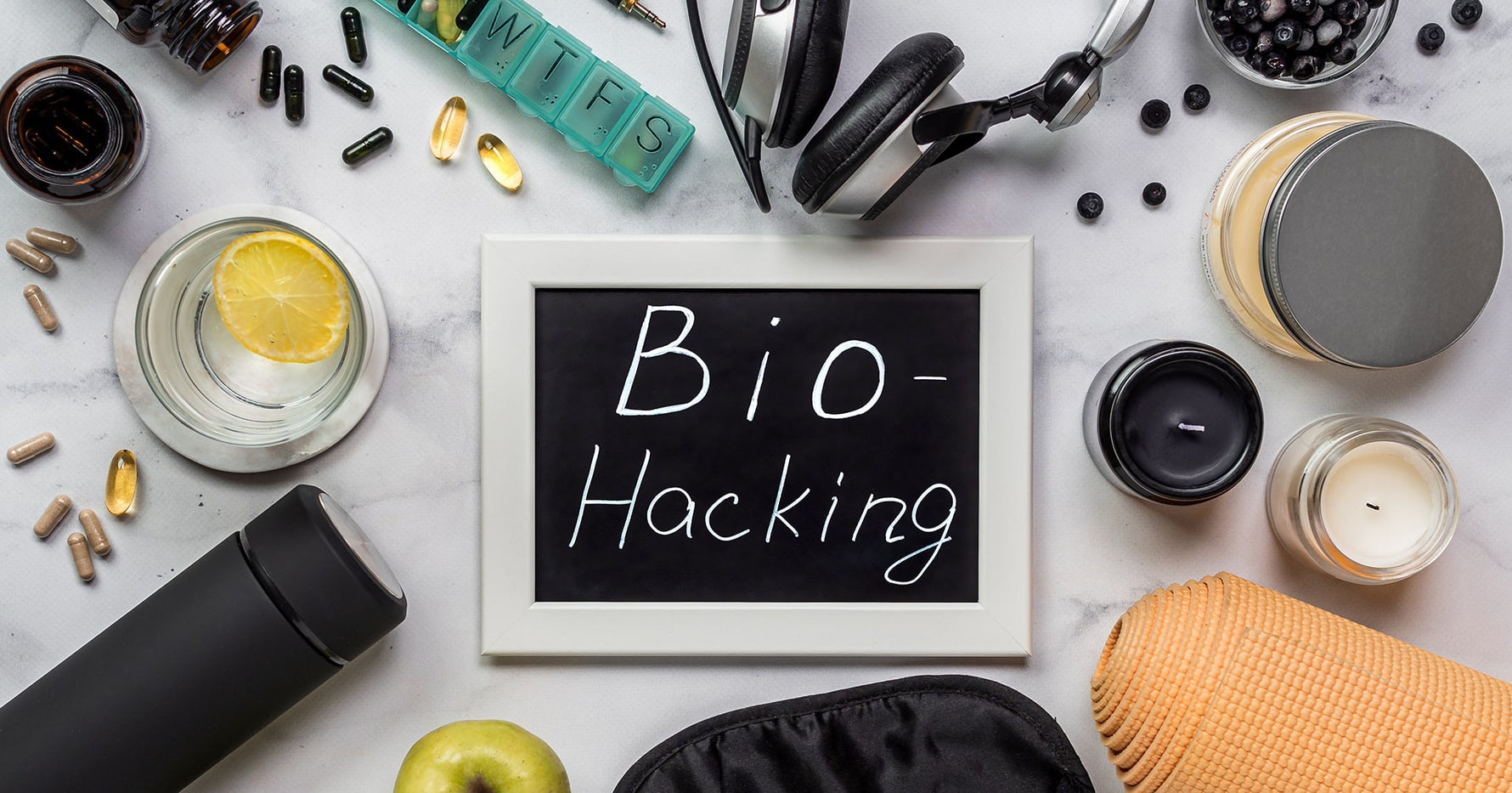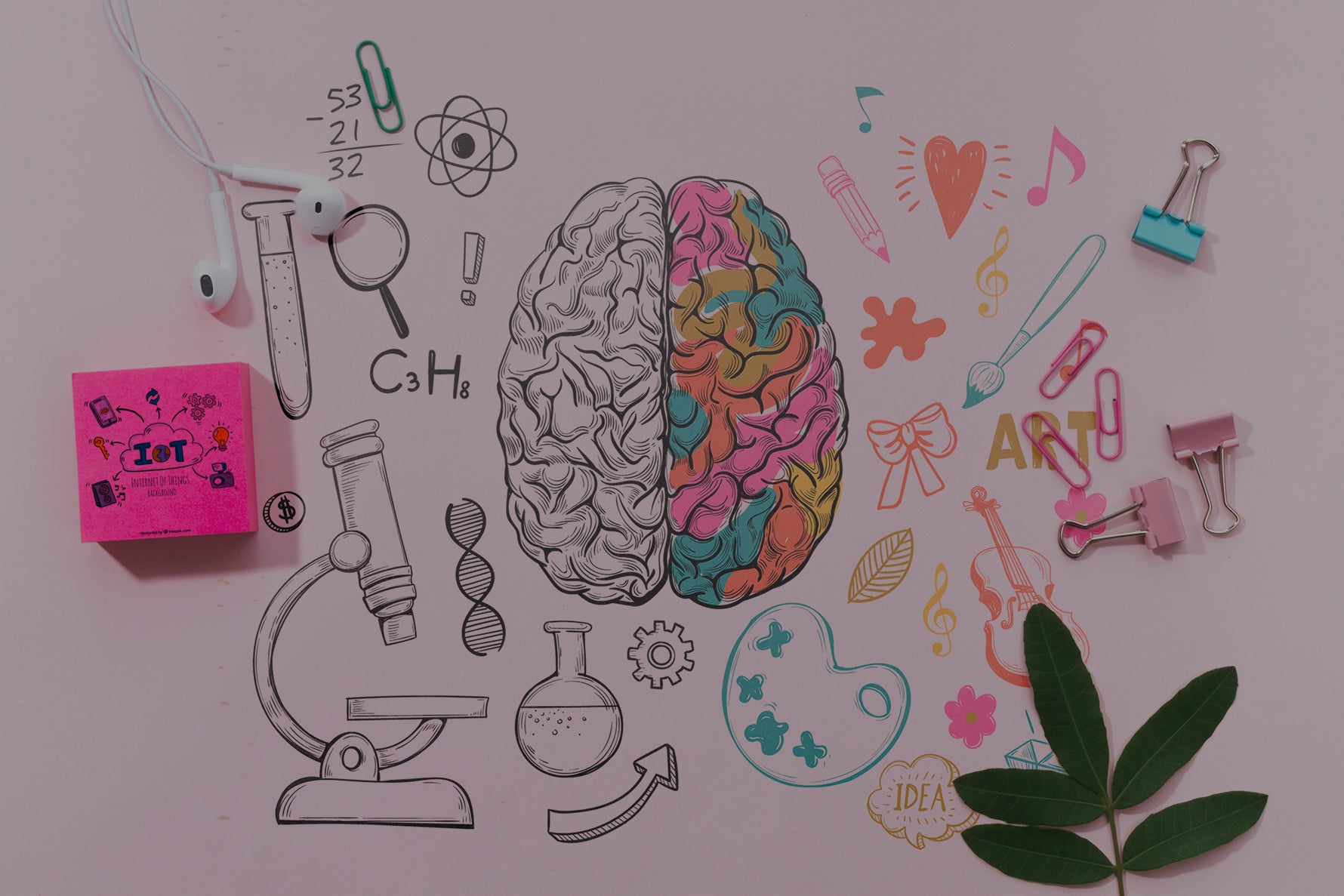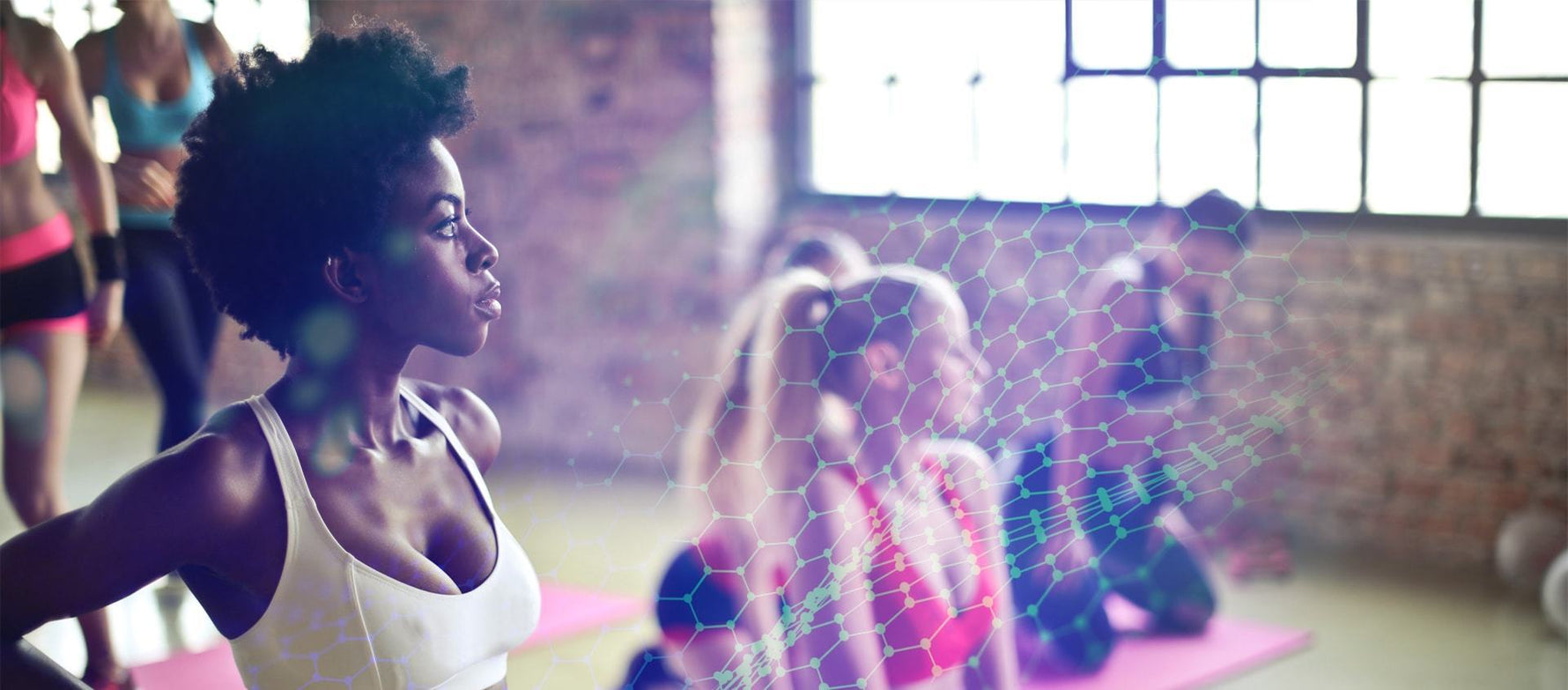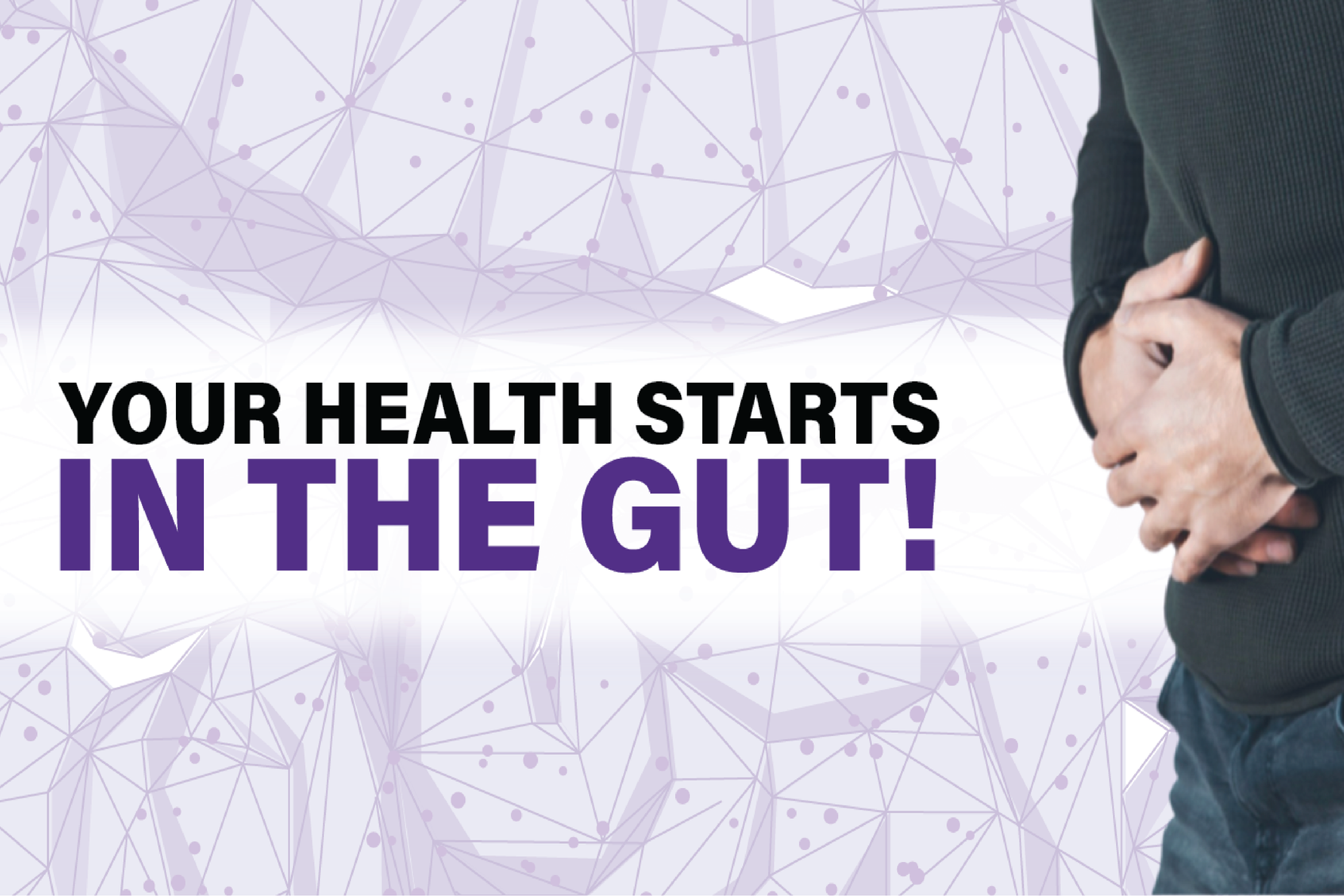The vegan diet has become very popular over the years with more and more people joining the lifestyle. Increasingly more people have decided to go vegan for ethical, environmental or health reasons.
Veganuary is a month long movement that aims at encouraging non-vegans to try the vegan diet for a month to see the benefits the lifestyle has.
When done right, such a diet may result in numerous health benefits, such as a weight loss and improved blood sugar control. However, a diet based exclusively on plant foods can in some cases increase the risk of nutrient deficiencies.
Let’s begin unpacking all you need to know about joining the vegan lifestyle the right way.
What Is the Vegan Diet?
Veganism is defined as a way of living that excludes all forms of animal exploitation and cruelty, whether for food, clothing or any other purposes.
The vegan diet thus avoids all animal products, including meat, eggs and dairy.
People choose to follow a vegan diet for various reasons. These usually range from ethics to environmental concerns, but they can also stem from a desire to improve their health.
Different Types of Veganism
Prominent types of this lifestyle include:
Dietary vegans - Often used interchangeably with “plant-based eaters,” this refers to those who avoid animal products in their diet but continue to use them in other products, such as clothing and cosmetics.
Whole-food vegans - These individuals favour a diet rich in whole foods, such as fruits, vegetables, whole grains, legumes, nuts, and seeds. (Ideal vegan diet).
Junk-food vegans - These people rely heavily on processed vegan foods, such as vegan meats, fries, frozen dinners, and desserts.
Raw-food vegans - This group of people eat foods that are raw or cooked at temperatures below 48°C.
Low-fat, raw-food vegans - Also known as fruitarians, this group limits high-fat foods such as nuts, avocados and coconuts, and instead rely mainly on fruit. Other plants are occasionally eaten in small amounts.
As mentioned before, people go vegan for a variety of ethical, environmental and health reasons. Here are a few of the most common reasons:
1.Can Help You Lose Weight.
High in fiber - Fiber intake is key for weight loss and overall health. Fiber keeps us satiated and full until our next meal, and also helps prevent the temptation to snack. It also assists with regular bowel movements.
They are generally lower in saturated fats - Cutting out animal products significantly reduces your saturated fat intake right off the bat.
Plant-Based foods are typically lower in calories than animal foods - You naturally eat fewer calories on a vegan diet, since plants are lower in calories per serving than animal products. Foods like leafy greens, whole grains, fruits, and beans can be just as filling, but have much less fat and fewer calories than meat, cheese and eggs.
2. Can help assist Blood Sugar and Diabetes.
By eating a healthy vegan diet low in cholesterol and saturated fat, but balanced enough to include fiber and protein, blood glucose levels can be easier to control. This type of diet, particularly when combined with exercise, can also help to lower blood glucose levels and better manage diabetes.
3.Ethics
Veganism is a lifestyle for many who strongly believe that all living creatures have the right to life and freedom. Therefore, they are against ending a conscious being’s life simply to consume its flesh, drink its milk, or wear its skin.
Ethical vegans are also opposed to the psychological and physical stress that animals may endure as a result of modern farming practices.
4.Environmental Reasons
People may also choose to avoid animal products because of the environmental impact of animal agriculture. A vegan diet is probably the single biggest way to reduce your impact on Earth as it assists not just with greenhouse gases but global acidification, eutrophication, land use and water use.
Other Health Benefits of Vegan Diets
Vegan diets are linked to an array of other health benefits including :
Cancer risk: According to a 2017 review, eating a vegan diet may reduce a person’s risk of cancer by 15%. This health benefit may be due to the fact that plant foods are high in fiber, vitamins and phytochemicals (biologically active compounds in plants that protect against cancers).
Heart Health: Vegan diets can boost heart health in several ways. Animal products (meat, cheese, and butter) are the main dietary sources of saturated fats. Eating foods that contain these fats raises cholesterol levels. High levels of cholesterol increase the risk of heart disease and stroke.
Plant foods are high in fiber, which is linked to better heart health. Animal products contain very little or no fiber, while plant-based vegetables and grains are the best sources.
Vegan vs. Vegetarian
The main difference between vegetarians and vegans is that although vegetarians do not eat meat, they do consume dairy products, eggs, or both. The vegan diet excludes all products with animal-based ingredients.
Foods to Avoid
Vegans avoid eating any animal foods, as well as any foods containing ingredients derived from animals. These include:
Meat and poultry: Beef, lamb, pork, veal, organ meat, wild meat, chicken, turkey, duck, etc.
Fish and seafood: All types of fish, anchovies, prawns, squid, calamari, mussels, crab, lobster, etc.
Dairy: Milk, yogurt, cheese, butter, cream, ice cream, etc.
Eggs: From chickens, ostriches, fish, etc.
Bee products: Honey, bee pollen, bee wax, etc.
Animal-based ingredients: Whey, casein, lactose, egg white albumen, gelatine, cochineal or carmine, isinglass, shellac, L-cysteine, animal-derived vitamin D3 and fish-derived omega-3 fatty acids. Foods containing these ingredients include some types of beer and wine, marshmallows, breakfast cereals, gummy sweets, and chewing gum.
Foods to Eat
Health-conscious vegans substitute animal products with plant-based replacements, such as:
Tofu, tempeh and seitan: These provide a versatile protein-rich alternative to meat, fish, poultry and eggs in many recipes.
Legumes: Foods such as beans, lentils and peas are excellent sources of many nutrients and beneficial plant compounds. Sprouting, fermenting and proper cooking can increase nutrient absorption.
Nuts and nut butters: Especially unblanched and unroasted varieties, which are good sources of iron, fiber, magnesium, zinc, selenium and vitamin E.
Seeds: Especially hemp, chia and flaxseeds, which contain a good amount of protein and beneficial omega-3 fatty acids.
Calcium-fortified plant milks and yogurts: These help vegans achieve their recommended dietary calcium intakes. Opt for varieties fortified with vitamins B12 and D whenever possible.
Algae: Spirulina and chlorella are good sources of complete protein. Other varieties are great sources of iodine.
Nutritional yeast: This is an easy way to increase the protein content of vegan dishes and add an interesting cheesy flavour. Pick the vitamin B12-fortified varieties whenever possible.
Whole grains & cereals: These are a great source of complex carbs, fiber, iron, B-vitamins and several minerals.
Sprouted and fermented plant foods: Miso, sauerkraut, pickles, kimchi and kombucha often contain probiotics and vitamin K2.
Fruits and vegetables: Both are great foods to increase your nutrient intake. Leafy greens such as bok choy, spinach, kale are particularly high in iron and calcium.
Risks of Veganism and How to Minimize Them
Favouring a well-planned diet that limits processed foods and replaces them with nutrient-rich ones instead is important for everyone and not only vegans.
Those that follow poorly planned vegan diets are particularly at risk of certain nutrient deficiencies. Studies have shown that vegans are at a greater risk of having inadequate levels of vitamin B12, vitamin D, long-chain omega-3s, iodine, iron, calcium and zinc. Your genetic makeup and composition of your gut bacteria also play an important role regarding your body’s ability to derive the nutrients you need from a vegan diet.
There are different ways to minimise the likelihood of deficiencies such as;
Limit processed vegan foods.
Eat fortified foods (especially those enriched with calcium, VIT D & VIT B12).
Adding seaweed or iodized salts to diet.
Avoiding tea or coffee during meals.
Taking a Vitamin C supplement while eating iron rich foods to assist better absorption of iron.
Supplements Vegans should Consider
Vegans unable to meet their recommended nutrient intakes through foods or fortified products alone should consider taking supplements. The following supplements can be particularly beneficial while following a vegan diet:
Vitamin B12
Vitamin D
Long-chain Omega-3s
EPA and DHA: Sourced from algae oil.
Iron: Should only be supplemented in the case of a deficiency.
Calcium: Calcium is best absorbed when taken in doses of 500mg or less at a time.
Zinc: Zinc gluconate or zinc citrate forms. *Not to be taken at the same time as calcium supplements.
Closing thoughts
Individuals may choose veganism for ethical, environmental or health reasons. When done right, the vegan diet can be easy to follow and may provide various health benefits. Veganism is not for everyone and that's ok! But what we do suggest is that you at least try to eat a diet that includes more plant based items as every little change in the plant based direction can make a massive impact in the end!
DISCLAIMER!
This blog is made available by OPTMZ. We are not medical professionals, nutritionists or dieticians. Please do not make any changes to your lifestyle or diet without discussing it with your health care practitioner. Every single individual is unique, therefore, you are responsible for all decisions pertaining to your health. The information in this blog is based on research and all content provided in this blog is for informational purposes only. This blog is not intended to diagnose, treat, cure or prevent any disease. Content should also not be considered a substitute for professional medical expertise or treatment.





















